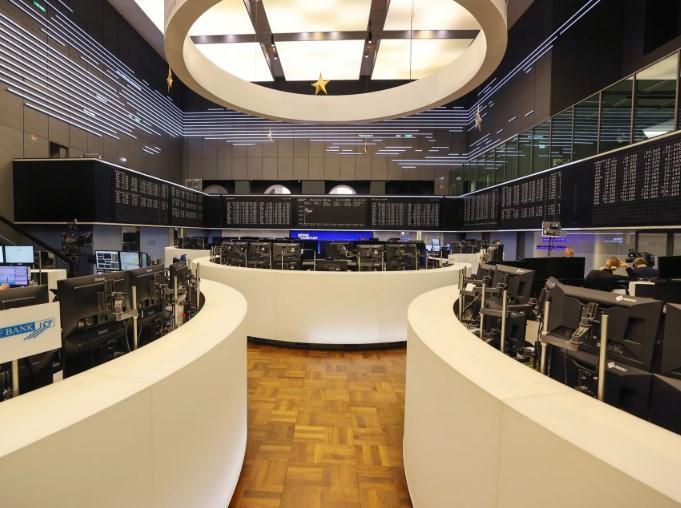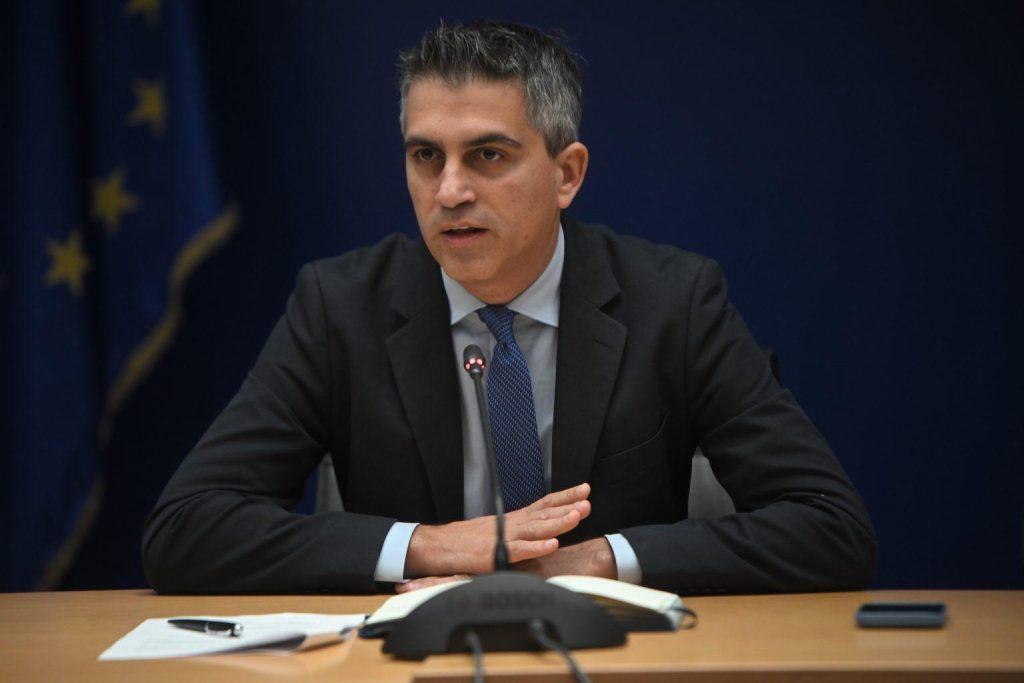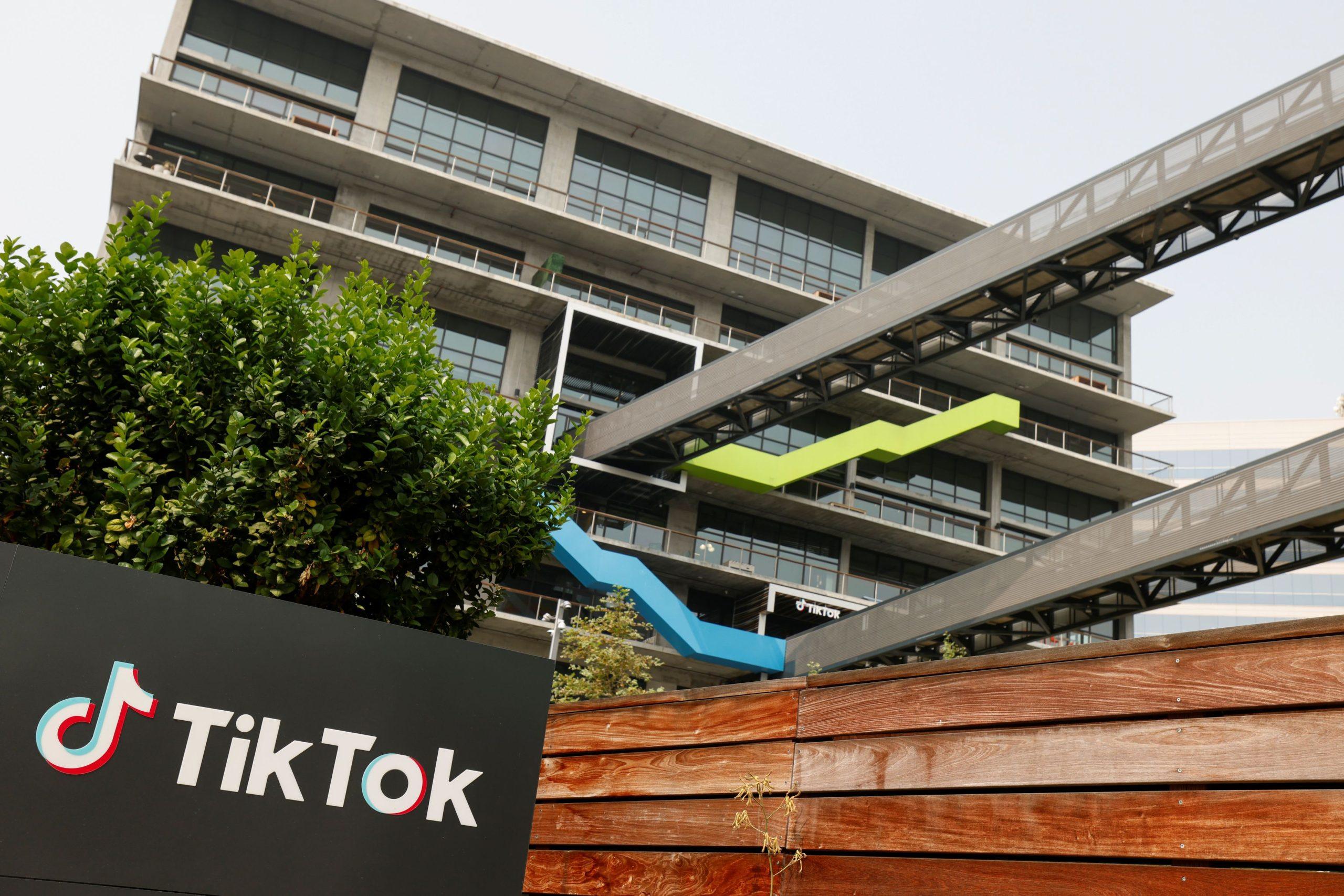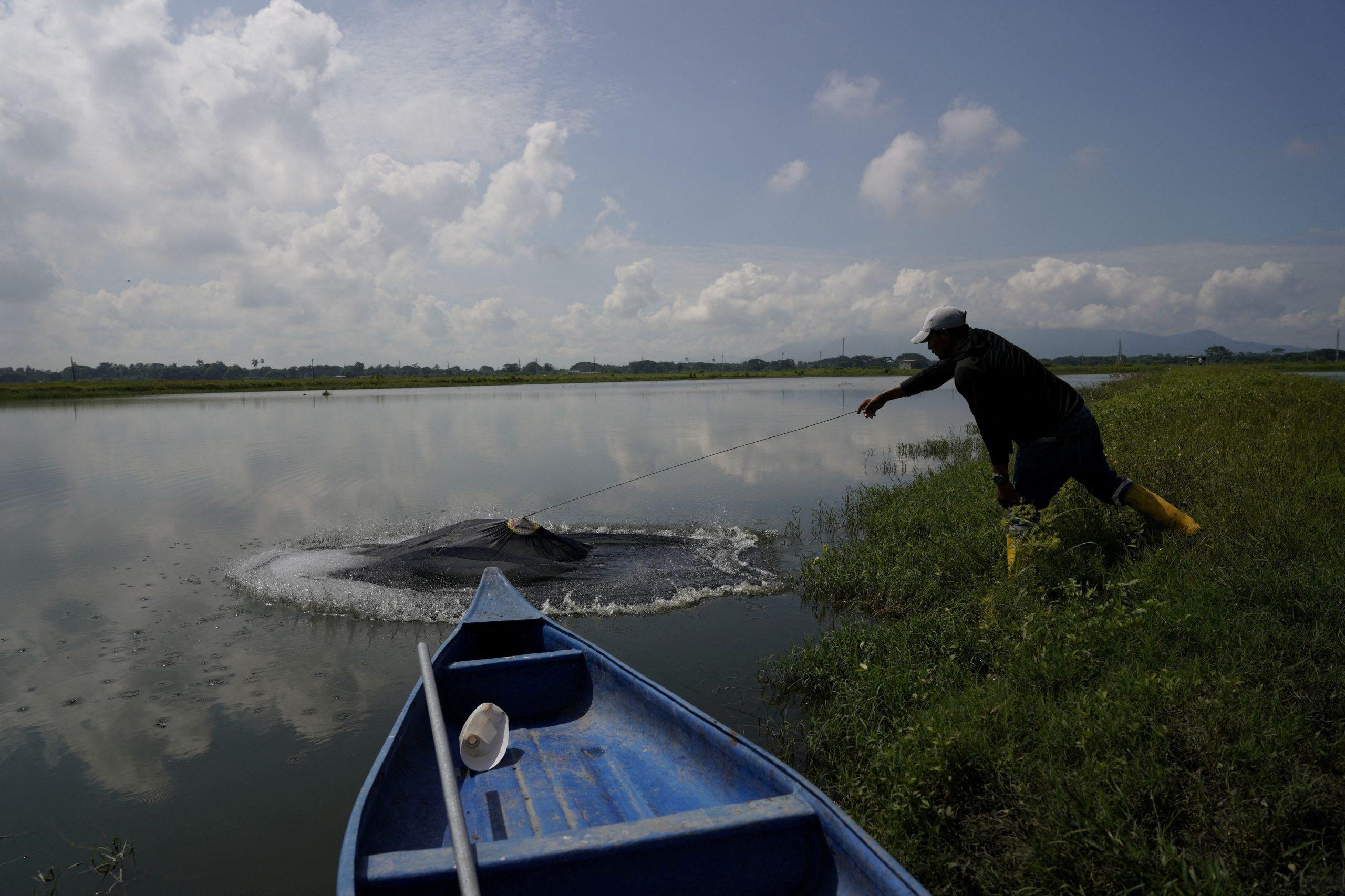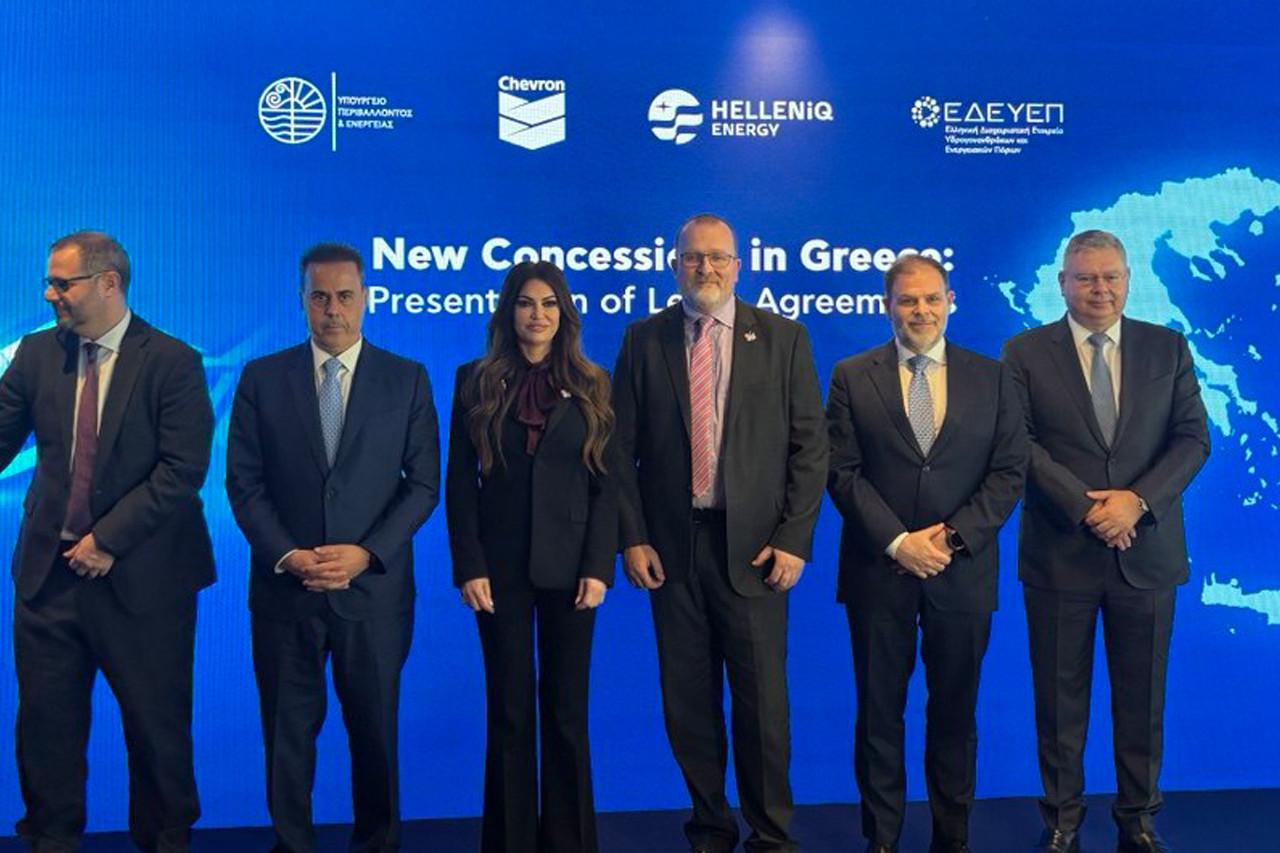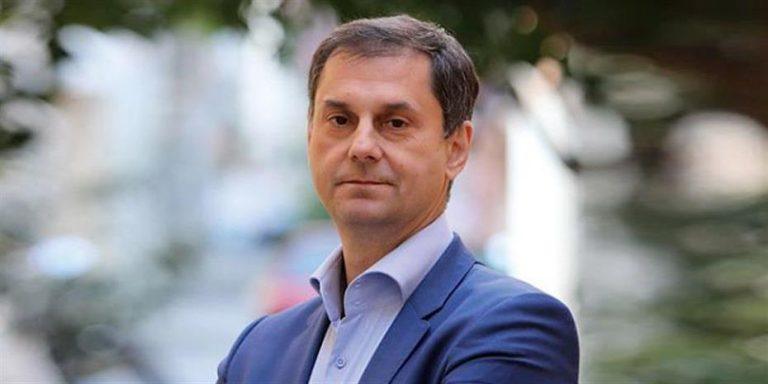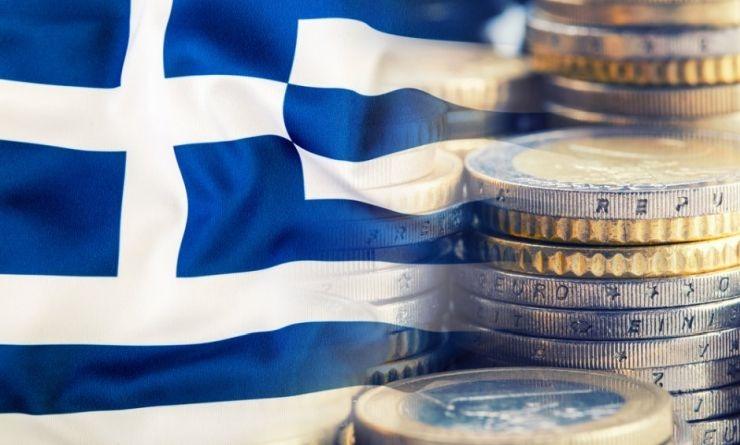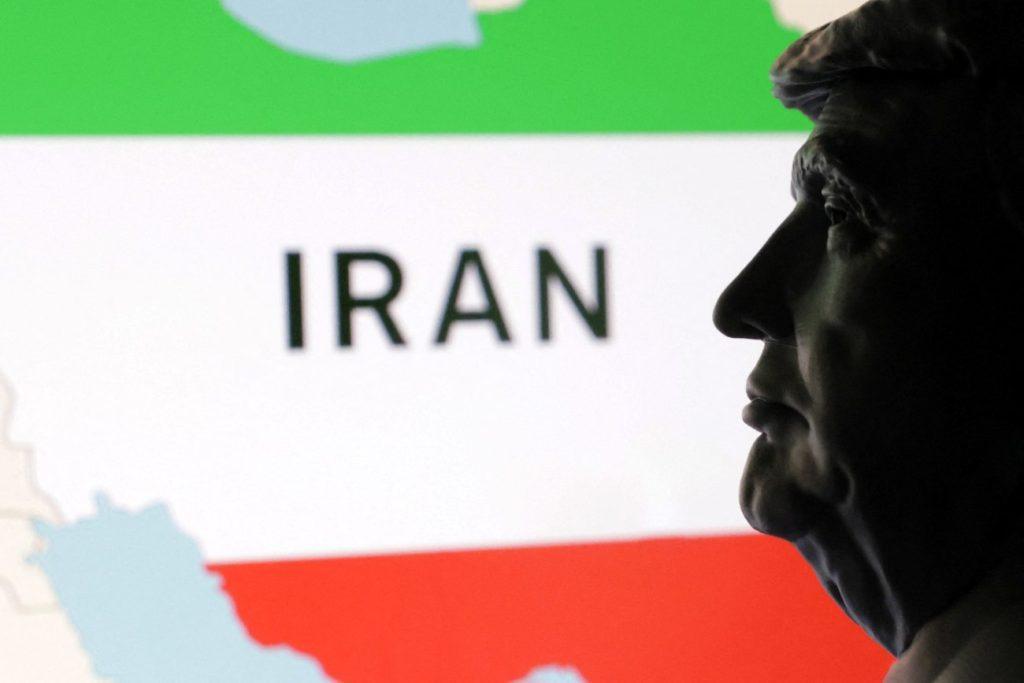The Chairman and CEO of Greece’s Independent Power Transmission Operator S.A. (IPTO), Manos Manousakis, penned an article for the Greek newspaper “To Vima” outlining the huge potential Greece holds in transforming into an energy powerhouse and an infrastructure hub, stressing the country’s ability to provide a large volume of clean energy for the first time in its history. The IPTO CEO highlights in his piece that Greece’s geographical location and its rich renewable energy sources (RES) can act as the two pivotal pillars upon which the country can build a robust outward-looking strategy offering great benefits.
The rich potential in renewable energy sources (RES) and Greece’s geographic location constitute two key pillars upon which our country has the opportunity to build a robust and outward-looking strategy that will offer measurable benefits to the national economy and strengthen its position in an increasingly competitive international system. With this strategy, Greece, contributing to two key European objectives, can alter the balance of power in the broader geographic region to which it belongs. The first goal is to ensure energy sufficiency and security with clean energy, and the second is to find alternative energy sources in response to the war in Ukraine.
In recent years, Greece has stood out as an investment destination in the field of renewable energy sources, as it possesses high solar and wind potential, particularly strong offshore wind potential. In the first half of 2024, 60% of the country’s electricity came from renewable sources, while the rate of grid capacity allocation for new RES projects shows, according to the data from ADMIE (the Independent Power Transmission Operator), that the target of the National Energy and Climate Plan (NECP) for 77% RES penetration in electricity production by 2030 will already be achieved by 2027, if not earlier.
Thanks to this significant potential, the country can, for the first time in its history, produce more clean energy than it needs and export the surplus through international interconnections to both neighboring countries and Central Europe, where energy needs are greater. It is now a common realization that Europe needs new vertical (North-South) and horizontal (East-West) electricity corridors to strengthen its energy sufficiency and security, as well as its competitiveness, as recognized in the recent Draghi report. Greece can play a decisive role in achieving this European strategic goal by enhancing cross-border connections and transforming into a self-sufficient country that exports clean energy. At the same time, however, Greece is located at the crossroads of Africa, Asia, and Europe, allowing it to serve as an entry gateway into Europe’s energy system. Here, geography plays a crucial role, as it favors the development of new intercontinental connections with the Middle East, North Africa, and Central Europe. The international interconnections that ADMIE is designing, implementing, or participating in will allow the import of (green) energy produced in the Middle East and North Africa into the European electricity system. The creation of such energy infrastructures linking our country with states like Israel, Egypt, and Saudi Arabia will also yield significant results in the fields of geopolitics and regional security.
These two comparative advantages of the country — geography and rich RES potential — not only make it an energy hub but also a potential digital hub. Greece can utilize the surplus green energy to power data centers, and by simultaneously investing in the construction of strong telecommunications infrastructures, it can emerge as an important hub for data storage and transfer. In this direction, ADMIE established its subsidiary company Grid Telecom in 2019, which has now become an internationally recognized company in the sector with significant growth prospects.
Investments in these two areas — critical infrastructure in electricity and telecommunications networks both within and beyond the country’s borders — will have multiplier benefits for the Greek economy. As the global supply chain for the production of power transmission cables and related equipment is under pressure, Greek businesses, with the right incentives and possibly through partnerships with international groups, will be able to participate in the construction of infrastructure (RES units, cables, etc.). At the same time, they will become more competitive due to the reduction in energy costs resulting from the strengthening of networks and the increasing penetration of RES, and they will have the opportunity to participate in similar projects outside of Greece.
In this way, Greece will gain ground on the investment map, attracting capital and achieving sustainable economic growth rates in productive and industrial sectors with high added value. Such developments will undoubtedly upgrade its position in the regional hierarchy. We understand, therefore, that Greece has all the credentials to evolve into an energy power and infrastructure hub, facilitating the uninterrupted and secure transfer of clean energy and data between Europe, Africa, and Asia, while simultaneously promoting energy security and regional stability.
Manos Manousakis is the Chairman and CEO of the Independent Power Transmission Operator (IPTO)
Source: tovima.com

